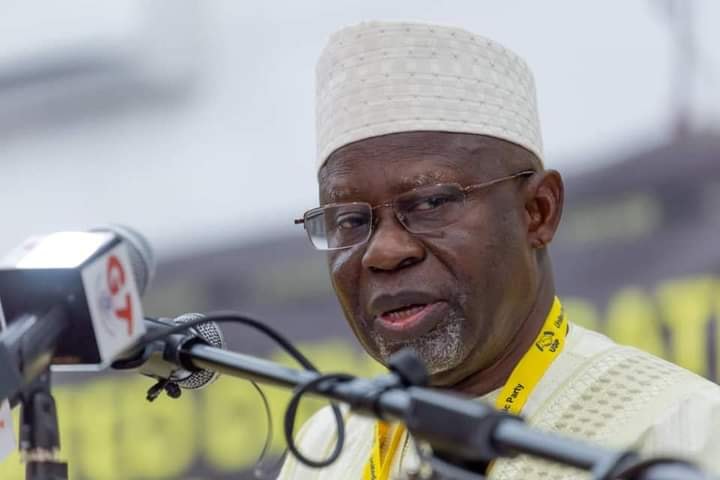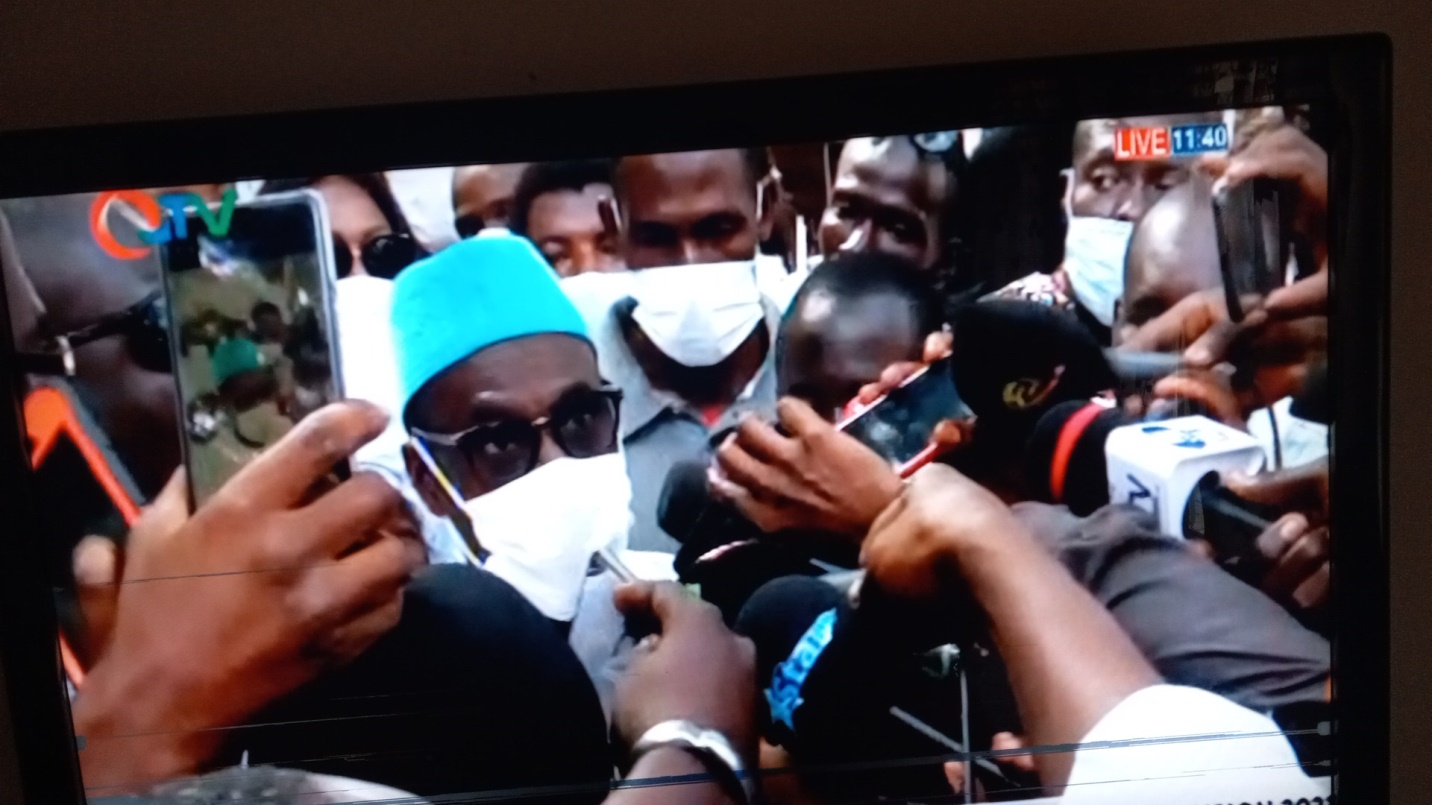By Binta Jaiteh
President Adama Barrow has written to the National Assembly demanding the House to consider sitting over important and urgent matters of the State.
Speaker of the House, Maryam Jack Denton told lawmakers that “in pursuance to section (91a) (1) of the 1997 constitution, the president of the Republic of The Gambia signed a letter requesting for the office of the speaker to summon sitting of the National Assembly to consider important and urgent matters of the State.”
“That is the reason for the summoning of this extra ordinary sitting for the period of two days, today, Monday and Tuesday. Similarly, the President has issued a certificate of urgency under section (101) of the 1997 constitution for the following bills to be considered by the assembly,” she added.
“The following bills include National Health Insurance Bill 2021, the Capital Market and Security Bill 2021accordingly at the appropriate time. Basically, the Minister of Health in consultation with the appropriate committee of the assembly wishes to withdraw the National Insurance Bill 2020, I will invite the Minister in accordance with (76) surplus (1) of the standing orders to move a motion which notice has been given to withdraw National Health Insurance Bill 2020.
“The public procurement bill 2020, in the September session still stands and that is the bill as a matter of procedure must first be withdrawn before any could be accommodated under the certificate of urgency and were not envisage of any notice. The bill has been refereed to assembly of the whole house first reading and second reading to scrutinize before the final stage. The Minister moved a motion for the Health Insurance bill to be withdrawn and it was seconded,” she continued.
Meanwhile, Minister of Health, Dr Ahmadou Lamin Samateh, told lawmakers that health care is very important and expensive saying even training people and technical facilities is expensive too.
“Our resources are limited and health care is expensive – the reason why health is expensive. In advance countries where they have 2 million populations and their annual budget for health is about 3 billion euros,” he disclosed





